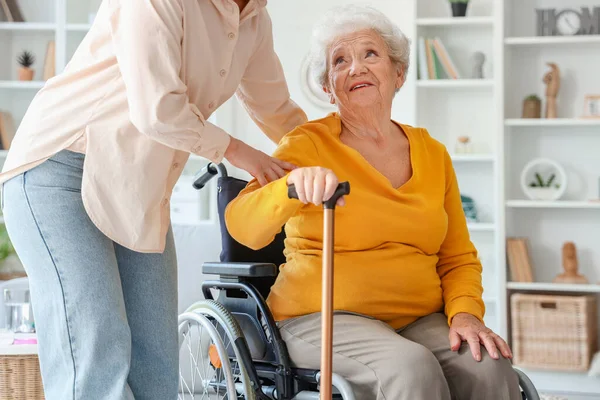
How to Tell if Your Elderly Parent Needs Home Care
What to watch for — and how to get support when it’s time
Introduction: When Worry Turns into Wondering
If you’ve found yourself worrying about your mum or dad more than usual lately — wondering if they remembered to eat, take their medication, or lock the front door — you're not alone.
For many adult children in the UK, deciding whether a parent needs home care is one of the hardest emotional decisions to make. It’s not always obvious. You don’t want to overstep. And there’s often guilt — for even considering that they might need help.
But noticing the signs early can make a world of difference — helping your parent stay safe, independent, and supported at home for longer.
Here are some key signs it may be time to explore professional home care.
1. Personal Hygiene Is Slipping
Have you noticed your parent wearing the same clothes for days? Or that their grooming has changed — unwashed hair, unshaven, or an unusual odour?
Neglecting personal hygiene is one of the first signs that daily tasks are becoming overwhelming. It may be a physical limitation, or a sign of confusion or low mood. A carer can provide gentle, dignified support with washing, dressing, and grooming — without taking away independence.
2. Meals Are Missed or Nutrition Is Poor
Check the fridge. Are there expired items, or is it mostly empty? Has your parent lost weight unexpectedly?
This could indicate that cooking has become difficult, or that they’ve lost interest in eating. Carers can help with shopping, meal preparation, and even encourage eating by simply providing companionship at mealtimes.
3. Forgetfulness Is Affecting Safety
It’s natural to become a little forgetful with age. But if your parent is forgetting to take medication, missing appointments, or leaving the cooker on — this goes beyond “senior moments.”
Memory lapses like these can put them at serious risk. Home care can include medication prompts, supervision, and regular check-ins to ensure your loved one remains safe and well.
4. Their Home Is No Longer Tidy or Safe
If their once-pristine home is now cluttered, laundry is piling up, or there are signs of falls (like bruises or trip hazards left unchecked), these are major red flags.
Domestic support from a carer can help maintain a clean, hazard-free environment — giving both you and your parent peace of mind.
5. They’ve Become Withdrawn or Lonely
Has your once-social parent stopped going out? Do they avoid phone calls, or seem down when you speak?
Social isolation affects thousands of elderly people in the UK. Companionship care can make a huge difference — offering more than help with chores, but emotional support and connection too.
Real-Life Example: Claire’s Story
Claire, a working mum from Bexleyheath, began noticing her 83-year-old father had become forgetful and unsteady on his feet. When he missed a doctor’s appointment and fell at home, she knew it was time to act.
She arranged a free home visit consultation with a local care agency, and within a week, a flexible support plan was in place — starting with two visits a day for personal care and meal support. Her father now remains safe and comfortable in his own home, and Claire has peace of mind knowing he’s looked after.
So, Is It Time? Here’s a Gentle Way to Find Out
If any of these signs sound familiar, it may be time to explore home care — not as a loss of independence, but as a way to preserve it.
At Capital Care, we offer free, no-obligation home visit consultations for families across Bexleyheath and the surrounding area. We’ll meet you, learn about your parent’s needs, and explain your options with warmth, clarity, and no pressure.
